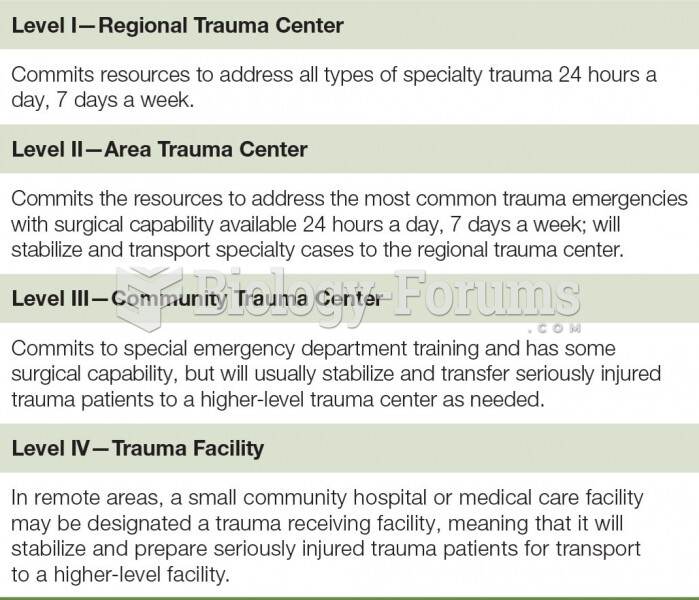|
|
|
Giardia is one of the most common intestinal parasites worldwide, and infects up to 20% of the world population, mostly in poorer countries with inadequate sanitation. Infections are most common in children, though chronic Giardia is more common in adults.
Excessive alcohol use costs the country approximately $235 billion every year.
In 1844, Charles Goodyear obtained the first patent for a rubber condom.
Many supplement containers do not even contain what their labels say. There are many documented reports of products containing much less, or more, that what is listed on their labels. They may also contain undisclosed prescription drugs and even contaminants.
More than 34,000 trademarked medication names and more than 10,000 generic medication names are in use in the United States.







